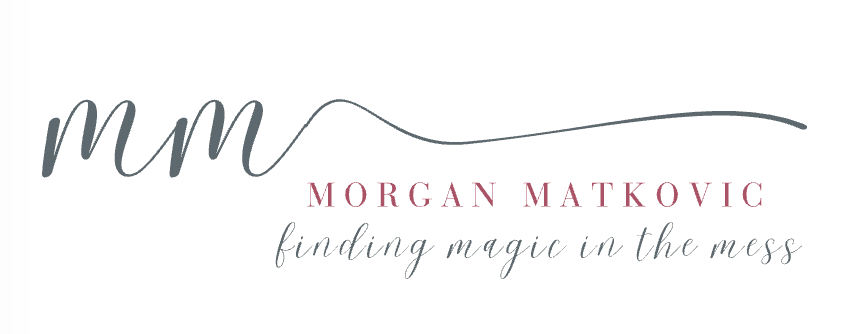Five Ways to Support Your Friends with a Neurodivergent Child
Five Ways to Support Your Friends With Neurodivergent Children
Acknowledge their Truth:
I had a lot of people tell me I was crazy when I was pushing for our girl’s diagnosis. “She’s just delayed” “It’s because of Covid” “You’re being dramatic” are just a few things I heard. I’d like to think this is because they were too scared to accept the truth; but diminishing a diagnosis can be an incredibly harmful thing. Our diagnosis opened so many doors for our child; it’s helped me be a better mom to our girl; it’s strengthened my trust in my intuition and has introduced me to a whole new world with so many amazing people. But I also do have a child with a disability- even though she is able to do so many “typical” things. Acknowledging our truth is so important- accept that this isn’t a phase, but a lifelong journey, and be there to support your loved ones however that may be.
Refrain from Saying “They don’t look autistic”:
To be clear- I’ve definitely said this in the past. It’s easy to say when we’re presented with stereotypes of certain disabilities. But one of my goals as an advocate is to break down the stigma around this diagnosis- to show that Autism can be a plethora of all different kinds of things— many of which are beautiful. Autism is a spectrum. Autism doesn’t have a certain look. My child has quirks and challenges, yes- but also so many wonderful and amazing gifts because of her autistic brain. She looks autistic, simply because she is. And thats’s a beautiful thing.
Make Plans in Accommodating Spaces:
As a neurodivergent mom, there are some places we simply can’t go. This varies from child to child and family to family- my daughter’s threshold for noise and stimulation might be very different from another autistic child’s. Ask if your friends feel comfortable in the space you’re meeting at- try to understand their child’s triggers and limits. Also understand that, sometimes, we just have to say “no” to certain invites. And that’s OK- I don’t expect the world to revolve around our diagnosis. In this case, try to be gracious with the declined invite and don’t take it personally. I’ve also had friends offer to chaperone my neurotypical daughter at events/gatherings when I have to decline, and this has been a huge help and blessing.
Praise the Progress:
Understand there is no “cure” for our diagnosis. There is no pill or magic wand. This is a life long journey- one that’s particularly grueling for parents as we navigate therapies, accommodations and judgement from others. When you see your friend’s autistic child progress, applaud it. There has been no better gift than when our friends acknowledge how far we come and how hard we have worked for our girl.
Listen:
And sometimes, there’s just nothing to say. Don’t try to rationalize our fears. Don’t try to explain away our grief. Some days, we just need to cry- like so many neurotypical parents do at times. If we’ve trusted you to be the shoulder to cry on, just embrace us and listen.
photo by Amanda Kay

